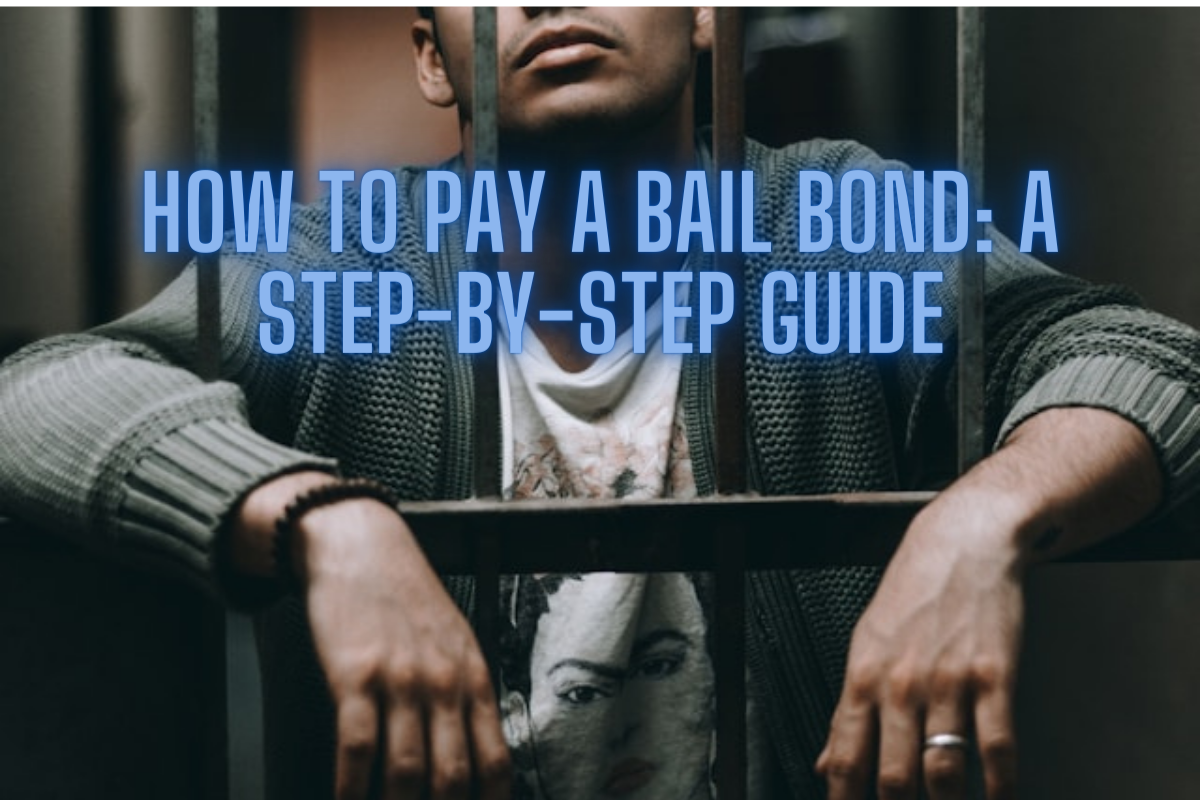BY |
When somebody is arrested, they are typically given a bail amount that must be paid to the court to guarantee their release from jail while awaiting trial. However, if the full bail amount is too high for the person to pay, they can use the services of a bail bondsman. Here we're going to show you exactly how to pay a bail bond and everything in between.
How to Pay a Bail Bond
- To pay a bail bond, either an individual or a friend or relative will need to contact the bail bondsman and provide information about the defendant and the charges they are facing.
- The bail bondsman then requires a non-refundable fee, and this is usually around 10% of the total bail amount. So for a bail amount set at $1,000, this would equate to $100. This fee is the bondsman's payment for putting up the full bail amount as a surety bond with the court. The bail bondsman may also require the individual or a cosigner to provide collateral, which can include a car, house, or another asset to secure the bond, which is returned once the case is closed and the bond is no longer needed.
- Once the paperwork is complete and the fee is paid, the bail bondsman posts the full bail amount with the court on behalf of the defendant.
- As soon as the bail is posted, the individual is released from jail and is then responsible for attending all required court appearances. If they do not, the bondsman will attempt to locate and return them to custody and may also keep the collateral to cover the full bail amount.
What Happens to Bail Bond Money?
If somebody pays the full bond themselves, known as cash bail, the full amount is returned to the person who posted it, typically within two to three months after the case is resolved. But if the defendant does not appear in court, they forfeit the cash bail, and it is not returned.

For those who use a bail bond service, the defendant or the cosigner will pay the non-refundable fee to the bail bondsman. This fee is not returned to the defendant regardless of their court attendance. Bail bonds allow defendants to be released from jail without having to pay the full bail amount upfront.
What Time Does Bail Bonds Close?
Bail bond companies in California typically open 24/7, as arrests can occur outside of normal business hours. Bail bond companies are open and available to assist with bail bond processes at any time, day or night.
What Does It Mean in a Court Case When It Says "Verify Court Cost on Bail Bond?"
When a court case mentions "verifying court costs on a bail bond," it tends to refer to the court ensuring that any additional charges made by the bail bondsman company beyond the standard bail bond premium are legitimate expenses. These additional court costs could include things like administrative fees or filing fees and helps to protect the defendant from being overcharged by the bail bondsman.
What Percentage Does a Bail Bondsman Require to Post Bond?
In the state of California, the percentage of the total bail amount is capped at 10%. However, there are various other bail bond amounts, for example, 1% bail bonds, 7% bail bonds, and 8% bail bonds. Paying a bail bond doesn't have to be overwhelming; it can be a very straightforward approach to guarantee an individual's release.

